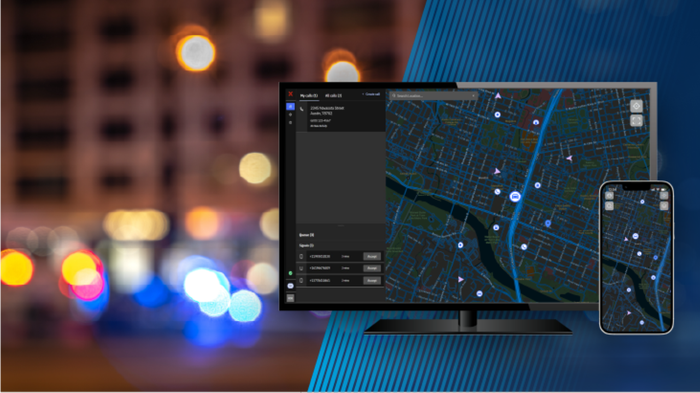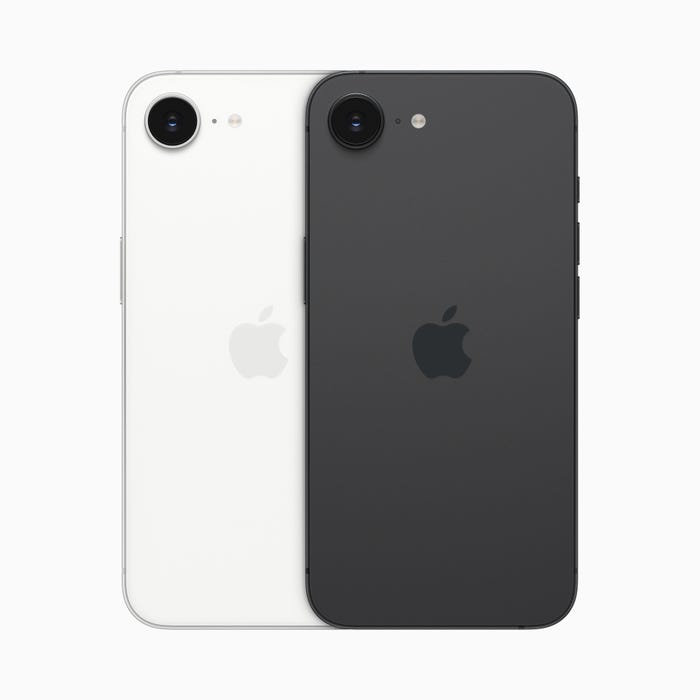Sunsetting 2G and 3G could leave IoT and roamers in the darkSunsetting 2G and 3G could leave IoT and roamers in the dark

With large cost and energy savings to be realized, it is no wonder operators are eager to say goodbye to older, less efficient generations and use the spectrum for newer technology that can carry more traffic. All UK operators except O2 have said they want to sunset 3G by next year, and all four have pledged to switch off both 2G and 3G by 2033. Although operators have promised to make sure the transition is a smooth one, and no one is left without Internet access, some have voiced fears over possible loss of connectivity.
One particular concern is that people with older devices will be left without Internet access once 3G is retired – even if they can still rely on 2G for voice and texting until it too is switched off. The Digital Poverty Alliance worries that sunsetting 3G will adversely affect those people. However, it is unclear how many are in this category. Usage has been falling, with EE noting that less than 0.6% of all downloaded data on its network travels via 3G.
In 2022, Ofcom estimated there are around 5.5 million customers with devices connected only to 2G and 3G. But this number includes a diverse set of gadgets. Apart from old mobile phones, there are 4G-compatible devices that do not support voice-over-LTE (or VoLTE, a means of running voice services on 4G networks) and cannot be updated to support it.
At the same time, the price of 4G devices has dropped to as little as £40 (US$51) for smartphones and £10 ($13) for other categories, according to Ofcom. Given operators have pledged to work with their customers and third parties, including charities, to make sure vulnerable individuals are not left behind, the issue may not be difficult to resolve.
It is a different story, however, when it comes to IoT devices. Some are equipped with non-UK SIM cards that allow them to roam to the best available network, which means they have no direct link to a mobile network operator. As a result, it is difficult to know how many there are. They are not reflected in the statistic of 5.5 million devices with only 2G and 3G connectivity.
Leave no one behind
Some of these IoT devices perform crucial roles. In July, Ofcom warned that telecare technology could be affected, albeit in very small numbers. The loss of coverage “might affect around 1‑2% of a small number of devices that rely on 3G-only roaming SIMs, supplied by a provider outside the UK,” it said. Telecare devices offer support to elderly, disabled and otherwise vulnerable people and as such tend to be used indoors where coverage is more limited.
To read the complete article, visit Light Reading.



